The City University of New York is helping to produce thousands of pieces of much-needed personal protective equipment (PPE) for local frontline health workers through the use of 3D printing, an emerging technology that has provided an invaluable means for CUNY campuses to assist the battle against the coronavirus.
Teams at six CUNY colleges —The City College of New York, Bronx Community College, Queensborough Community College, LaGuardia Community College, New York City College of Technology and The Graduate Center — have adapted their 3D printers and associated materials to make elements that are used in protective face shields for local hospitals. Face shields have become important in clinical settings as the number of coronavirus cases has surged and health workers require an extra level of protection over face masks. The 3D printing process generates complex three-dimensional objects from computer-aided designs.
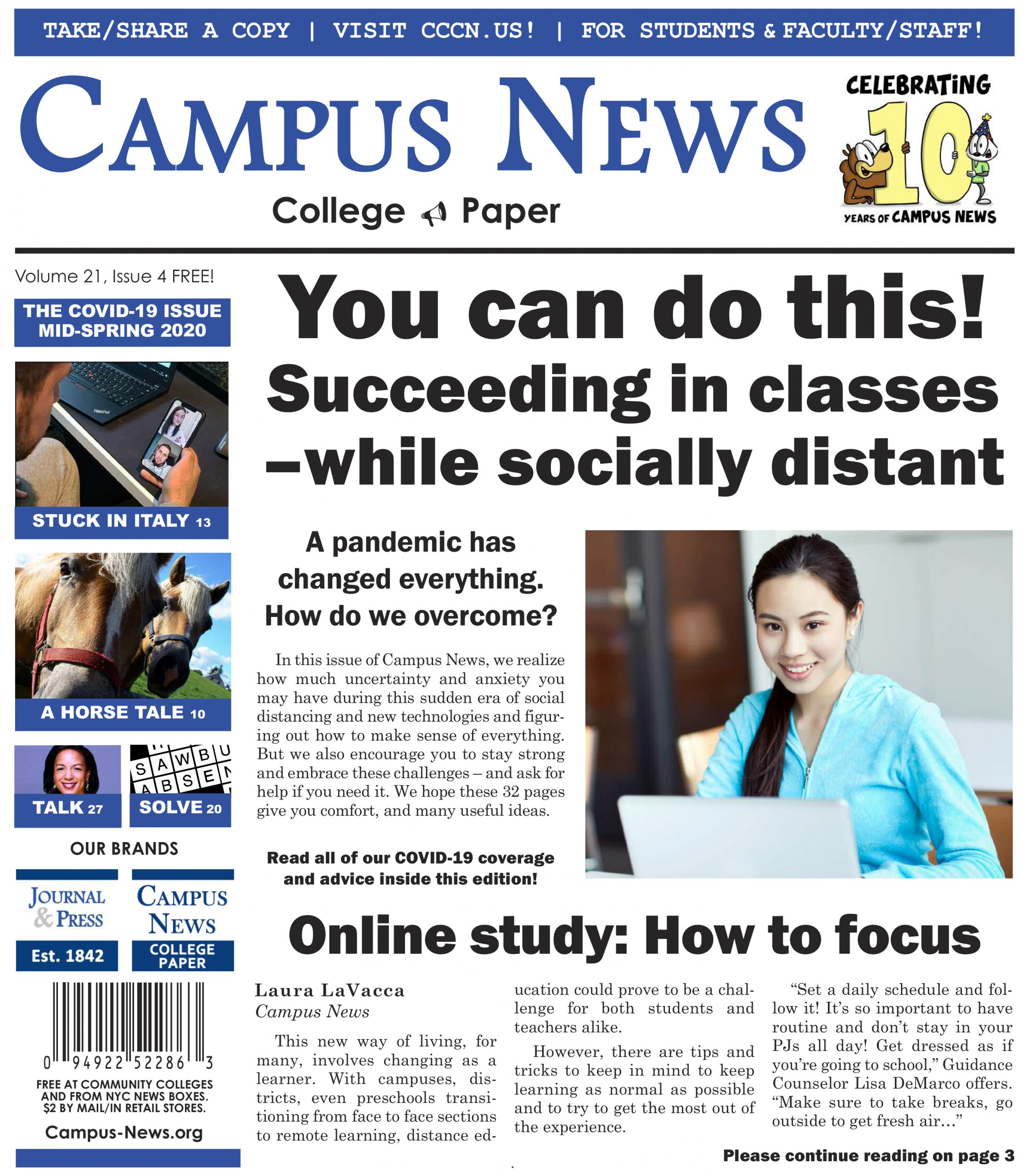
“In times of crisis, integral New York City institutions like CUNY have a moral imperative and a social responsibility to mobilize their full resources in the service of those who need it most,” said Chancellor Félix V. Matos Rodríguez. “CUNY is harnessing its powers of innovation to supplement the city’s PPE supply chain and aid the brave health care workers who are putting their lives on the line. There is no greater cause at the moment, and we are proud to stand with New York City and do what we can to help those on the front lines of the war against COVID-19.”
Collective Effort
City College has put to work 14 3D printers from four departments to produce a total of around 300 Verkstan frames per day, headband-like frames that are used to secure the plastic face shields worn by health workers.
City College’s designers, researchers and educators from departments that include architecture, chemistry, translational medicine and engineering joined forces to mobilize the 3D fabrication technologies to generate these badly needed supplies. To respond quickly, they marshaled a collective effort that utilized the best qualities of academia: scientific ingenuity, interdisciplinary collaboration, crisis management and community connection.
The effort was driven by Jeffrey Garanich, director of the translational medicine master’s degree program at the Grove School of Engineering; Shawn Rickenbacker, associate professor and director of the J. Max Bond Center for Urban Futures at the Spitzer School of Architecture, and Ronald Koder, associate professor of biophysics.
The trio sifted through protective equipment designs, consulted with medical professionals and settled on the Verkstan frames, which balanced a need in the field with their capability to scale timely high production. To ensure production quality, they verified the designs with the National Institutes of Health. Next, they appealed to City College leadership to obtain access to the equipment amid the campus’ closure.
They drew on community connections, and in late March the 3D printers were relocated from City College’s upper Manhattan campus to Hack Manhattan, a non-profit tech workspace that is operating the 3D printer farm for NYCMakesPPE, a group of organizations that joined together to leverage rapid manufacturing technology in the production of PPE. The group says it has delivered about 12,500 face shields to date, in addition to surgical masks and other protective gear.
After the face mask headpieces are printed at Hack Manhattan on W. 14th Street using the City College printers, the finished parts are transported to the Fat Cat Fab Lab in the West Village, where the face shields are laser cut. To uphold requirements of social distancing, the actual 3D printing is automated and managed remotely.
The Advanced Science Research Center (ASRC) of The Graduate Center, which is located on the City College campus and focuses on interdisciplinary scientific research and education, delivered two of its 3D printers on March 30 to Hack Manhattan to further aid the production of PPE. LaGuardia Community College’s on-campus incubator space for hardware and tech startups, NYDesigns, donated spools of 3D printing material made from biodegradable thermoplastic which is used to make face shields, to the effort on March 31. New York City College of Technology is readying 3D printers on its downtown Brooklyn campus this week to begin contributing to the effort.
“As designers, researchers and educators, working collaboratively is essential to our effort to positively impact this pandemic,” said Shawn L. Rickenbacker, associate professor and director of the J. Max Bond Center for Urban Futures at the Spitzer School. “Our main focus was less about innovation, and more about logistics and best practices in offering a stopgap measure and getting supplies to front-line medical workers.”
Community Colleges Contribute
Bronx Community College has produced parts for over 200 face shields from the seven 3D printers normally used by the school’s Department of Chemistry, Earth Sciences and Environmental Science and the Center for Teaching, Learning & Technology (CTLT). Mark Lennerton, the director of CTLT; Christian Rodriguez, the Department of Chemistry’s chief laboratory technician and Michael Fields, a senior laboratory technician, spent seven days in late March and early April producing face plates and straps for face shields, at the rate of one every 35 minutes, to be distributed to medical facilities in Westchester. The material used for the face shields was derived from corn starch, which liquefies when heated and can be shaped by the printers.
Queensborough Community College began producing headbands for face shields on the college’s 3D printer in early April and anticipates creating enough parts for 100 face shields, which will be distributed to local health care providers as part of a nationwide mobilization effort among colleges and universities organized by Stratasys Ltd., the manufacturer of Queensborough’s 3D printer. Health organizations can request 3D-printed products through a Stratasys webpage.
Queensborough is also working with SUNY Stony Brook University to supply Stony Brook University Hospital with face shields for frontline medical workers by laser-cutting special plastic sheets to form the transparent masks on face shields. Michael Lawrence, an educator in Queensborough’s Engineering Technology Department, has been testing designs and materials for PPE prototypes this past week from the campus’ Advanced Manufacturing Lab after conducting research for several weeks. Memorial Sloan Kettering is also consulting with Queensborough on the development and production of specialized swabs that could be used for patient examinations and coronavirus testing.



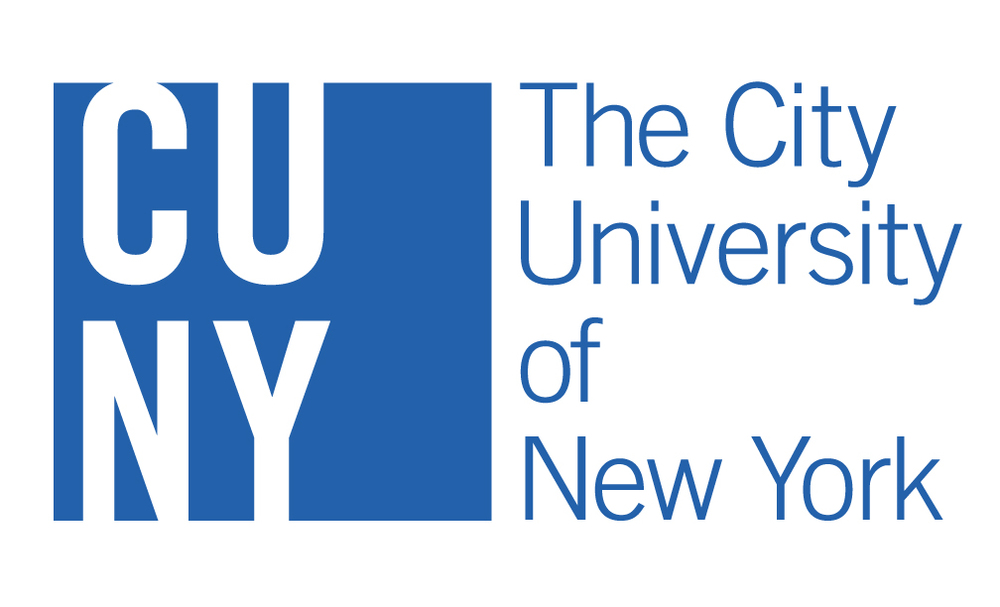
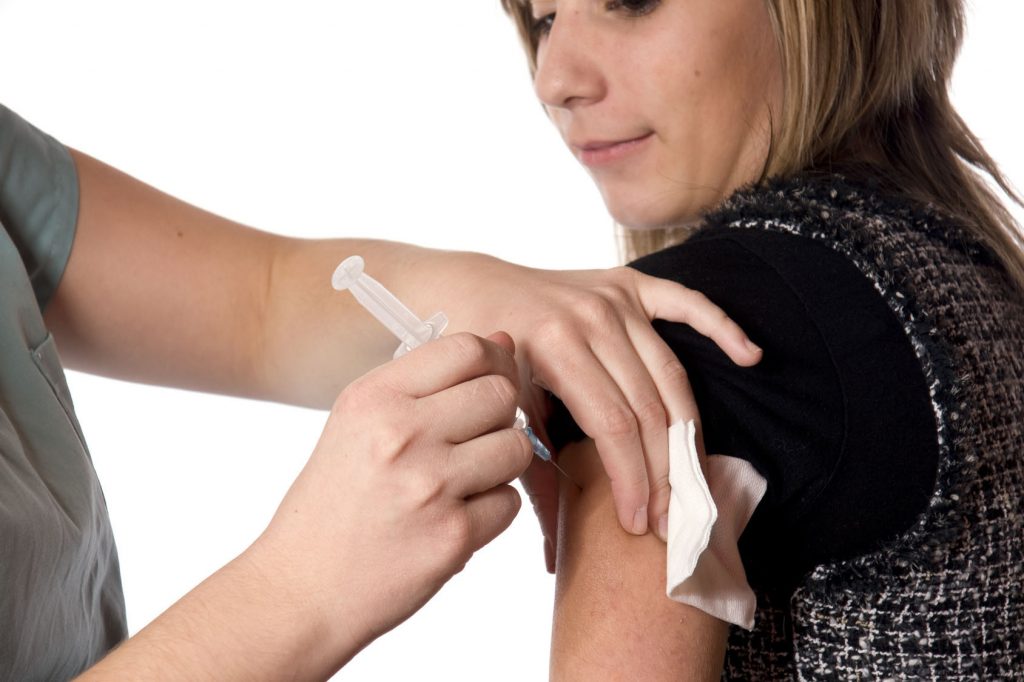
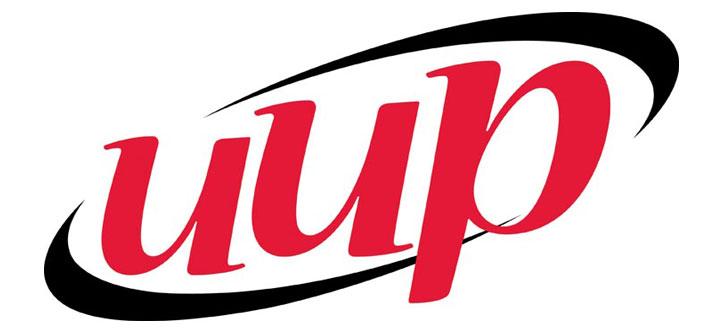
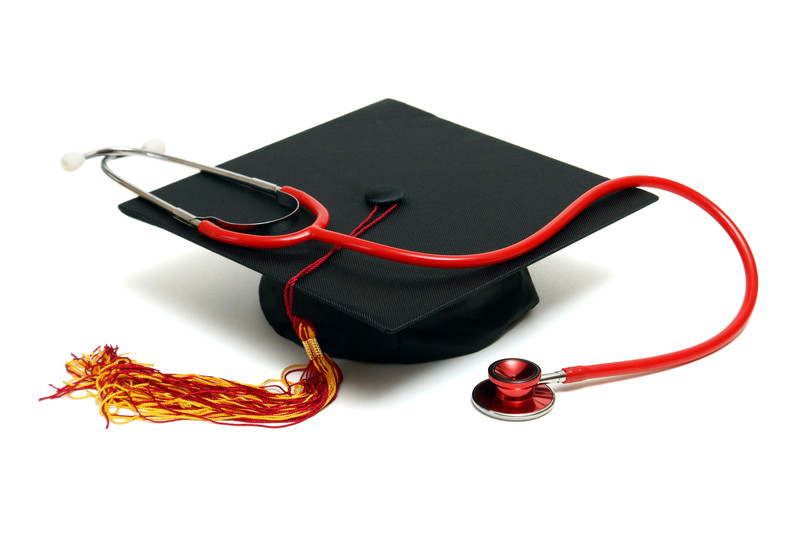

Facebook Comments